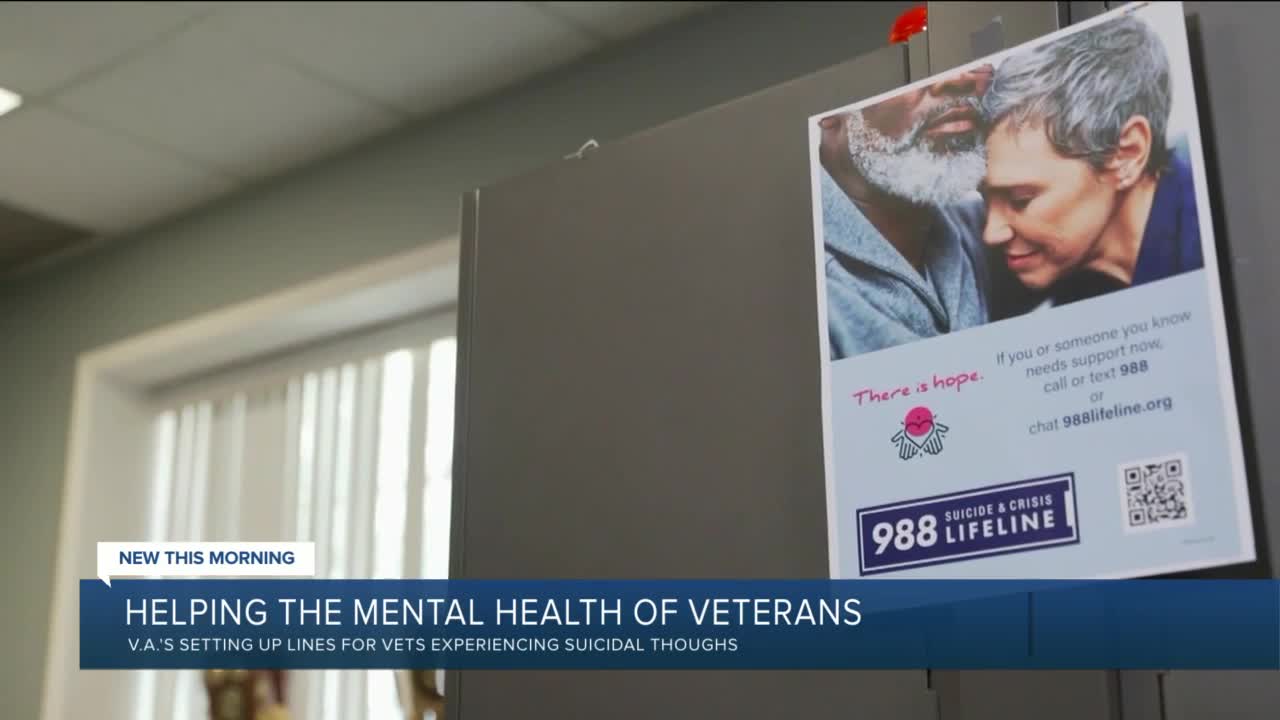RICHMOND, Va. — Veterans experiencing a suicidal crisis are now able to go to any Veterans Affairs (VA) or non-VA healthcare facility for emergency treatment at no cost.
The COMPACT Act of 2020 took effect on Jan. 17 and includes inpatient or crisis residential care for up to 30 days and outpatient care for up to 90 days. Veterans do not need to be enrolled in the VA system to use this benefit.
The Richmond VA Medical Center on Broad Rock Boulevard is one of the facilities that is actively working to help veterans and service members battle some of life’s worst demons.
“Our veterans have served our country and we want to extend that ongoing care and support to our veterans, even when they're done serving our country,” said Laura Pond, Suicide Prevention Program Manager.
The program would also provide, pay for or reimburse transportation costs like an ambulance ride to the emergency room.
The VA has implemented the Military and Veterans Crisis Line for the last 10 years. It's free, confidential and provides anonymous support for anyone in the veterans community.
“We want them to call and now they can call 988 and press one to reach the Military and Veterans Crisis Line. We want them to reach out for help. VA is here to help all of our veterans with no matter what the crisis is,” Pond explained.
Theodore Mueller serves as Deputy Chief of Mental Health at Richmond VA Medical Center.
The rate of suicide in the military was actually lower than the civilian population before the wars in Afghanistan and Iraq, he said.
“In the mid 2000s was the first time in history really that the suicide rate for service members increased beyond that of their civilian counterparts,” Mueller stated. “The veteran population is also at increased risk for suicide. It's estimated that about one in four persons who die by suicide in the United States are veterans.”
Approximately 17 veterans die by suicide every day, he said.
Eligible individuals, regardless of VA enrollment status, are:
- Veterans who were discharged or released from active duty after more than 24 months of active service under conditions other than dishonorable.
- Former members of the armed forces, including reserve service members, who served more than 100 days under a combat exclusion or in support of a contingency operation either directly or by operating an unmanned aerial vehicle from another location who were discharged under conditions other than dishonorable.
- Former members of the armed forces who were the victim of a physical assault of a sexual nature, a battery of a sexual nature, or sexual harassment while serving in the armed forces.



